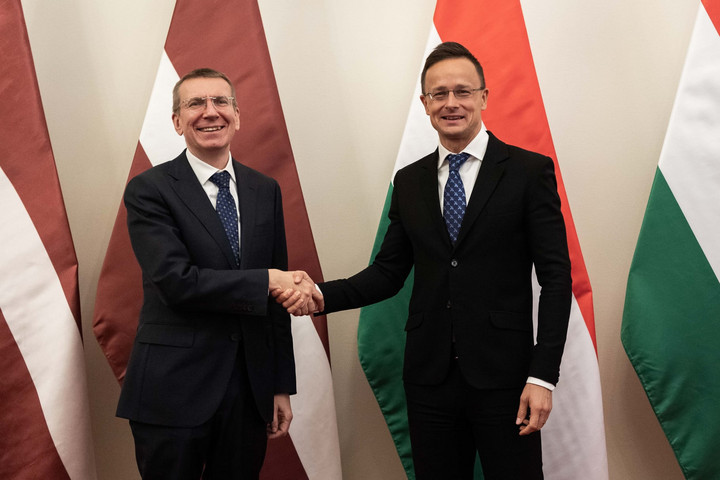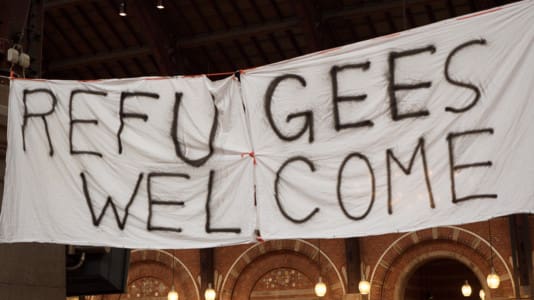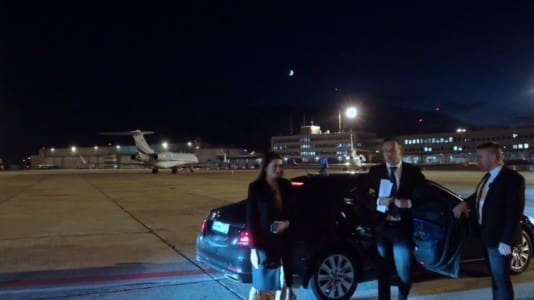The construction of border fences has proven to be the only effective way to stop the waves of illegal migration, so it is “absurd” that the European Union is still unwilling to finance it, Hungarian Minister of Foreign Affairs and Trade Péter Szijjártó said on Monday.
In a joint press conference with his Latvian counterpart, Edgars Rinkēvičs, the head of the ministry praised the friendly alliance between the two countries, pointing out that they agree on key challenges for the future of the EU, such as migration.
He called it unprecedented that Europe was under migratory pressure from three directions: south, southeast and east. According to him, as a result, Latvians, Lithuanians and Poles are now physically facing what Hungary has been dealing with since 2015.
“It has been proven that the only effective way to stop waves of illegal migration is to build a fence, without which there is not enough police or military force to effectively protect hundreds of kilometers of the border,” Rinkēvičs underlined.
Szijjártó said it was difficult to understand that the European Commission was “slowly financing everything to increase migration,” but it was still unable to find effective means of curbing it.
“It’s as if they don’t live on this planet, as they continue to block support for countries building the fence,” he said, calling on those running Brussels to abandon “efforts to change the composition of Europe’s population”.
The minister also spoke about EU enlargement, which he said was “really slow, but if we look at it very honestly, it’s not progressing at all.”
He stated that slowing down the process was contrary to the security and economic interests of Hungary and the EU as a whole, as the fastest way to achieve stability and peace in the region was through integration.
He also said the government is using new means to support Latvia’s defense against the fourth wave of the coronavirus epidemic, sending 55 patient monitors and 100 drug pump kits to the country. Finally, he mentioned that the Hungarian army already participated twice in the NATO mission to control the Baltic airspace, and this would take place again from September to December and in 2025.
Rinkēvičs thanked Hungary’s foreign minister for the Hungarian aid offers and then — targeting Belarus — warned that some states would use migration as a “hybrid weapon.” In this context, he considered the EU’s external borders should be strengthened and that sanctions should be put in place.
Responding to a journalist’s question, Péter Szijjártó described the statement of Manfred Weber, leader of the European People’s Party’s group in the European Parliament, as nonsense, saying that the EU should support the construction of a fence on the Polish-Belarusian border, but not Hungary.
“The situation cannot be serious enough for Manfred Weber to dial back at least a little of his Hungarophobic approach,” he said.






